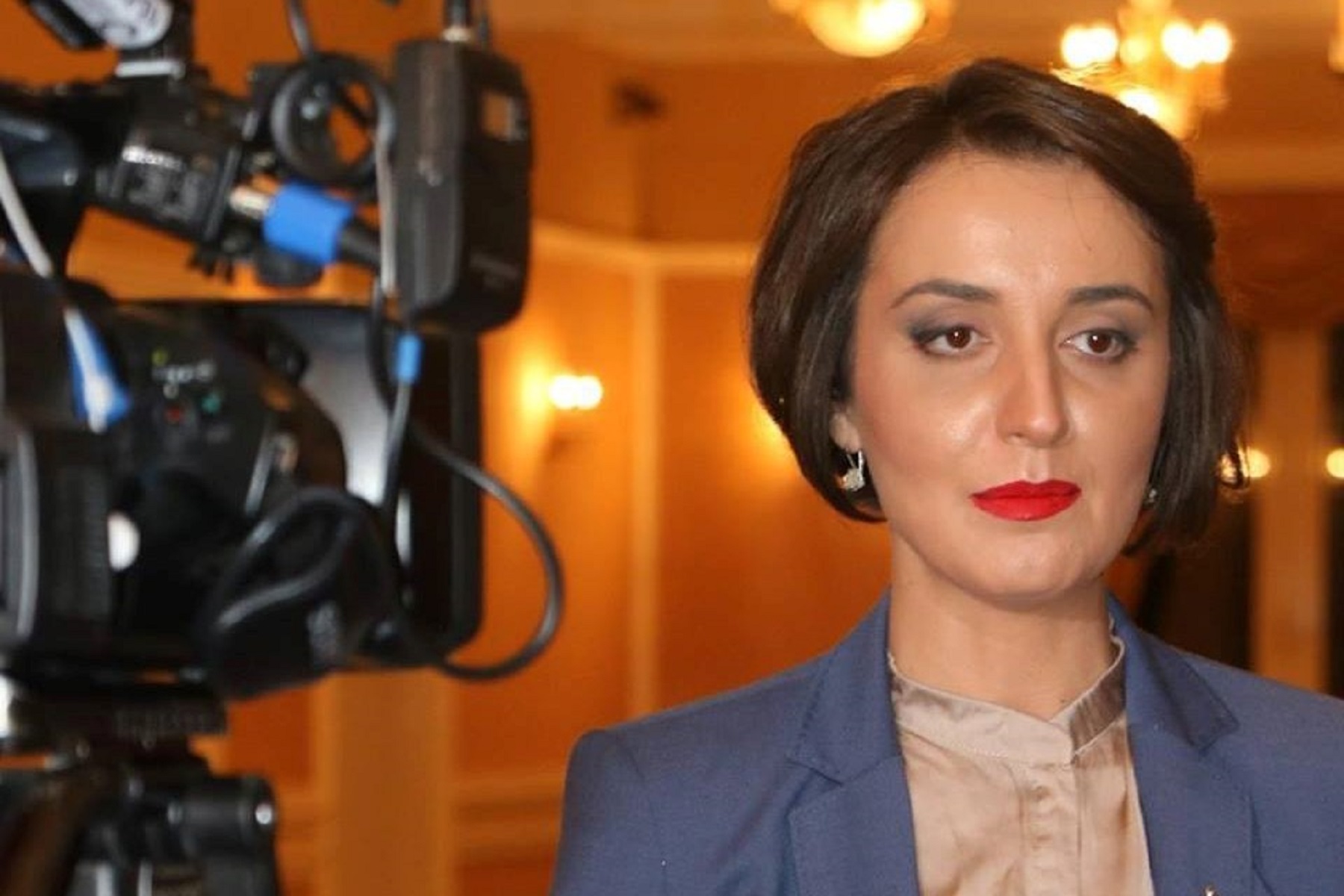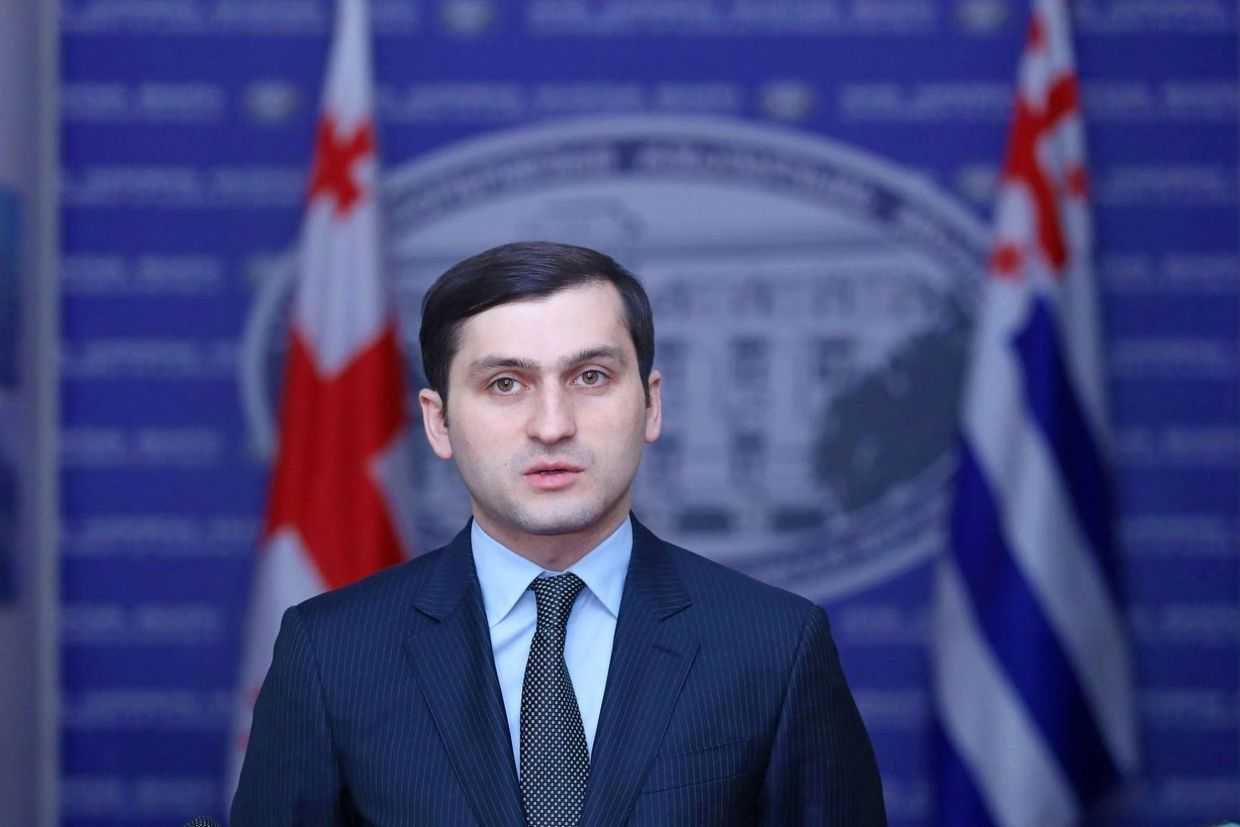

NGOs and opposition parties have said they fear media freedom might be at risk after two members of Adjara TV’s Board of Advisors requested that the channel’s director, Natia Kapanadze, be impeached.
Adjara TV and Radio is a public broadcaster in the Autonomous Republic of Adjara, in west Georgia.
The requests came six months before Kapanadze’s term as a director was set to expire. Despite positive assessments in reports from local and international watchdogs on the channel’s balanced coverage, the two board members requested that she step down because ‘the channel’s ratings are low, priorities are not fulfilled, and other formal matters are not resolved’.
Members of the board are selected by Adjara’s legislative body, the Supreme Council, with the ruling and opposition parties each nominating members.
Giga Chkhartishvili, who was endorsed by the ruling Georgian Dream party, and Irakli Darsmelidze, who was endorsed by the opposition United National Movement, addressed the board on 11 April with a 15-page document describing why Kapanadze should step down.
The consent of at least three of the board’s five members is necessary to begin the impeachment process.
‘Tense political reality’
Speaking to Adjara TV on 12 April, Chkhartishvili said that Kapanadze ‘doesn’t respect the board and doesn’t cooperate with it on the issues of interest to the board.
‘Our main concern is the ratings of the channel, which have halved; priorities are not fulfilled, a number of formal issues are unresolved and decisions are made by evading the law’, he said.
The same day, the administration of Adjara TV issued a statement in which it called on the board to treat the issue with caution ‘as the matter concerned free speech and the independence of Adjara TV and Radio’.
‘The ongoing processes are in opposition to the editorial independence of the Public Broadcaster Adjara TV and Radio and the whole idea of a public broadcaster’, the administration’s statement said, adding that the channel had managed to create a broadcaster free from political and commercial influence.
It was followed by supporting statements from a number of NGOs and opposition parties.
A statement released by the Tbilisi-based Human Rights Education and Monitoring Centre (EMC) said that the goal of Kapanadze’s removal was unclear and that ‘it creates concern that this initiative is connected to the tense political reality, harsh pre-election context, and to the interest of revising the editorial policy of the television station’.
Another statement, issued by a group of rights organisations including the Open Society Foundation, the Georgian Young Lawyers Association, and The Georgian Charter of Journalistic Ethics, said that their assessment of the request for Kapanadze’s removal was ‘sharply negative’.
‘When discussing the impeachment of the director, the damage that will be inflicted on the democratic development of the country and freedom of the media should be carefully considered. We hope that the other members of the board will use common sense and protect the editorial independence of the channel’, the statement said.
Six political parties including the UNM and European Georgia also made a joint statement criticising the government for having an interest in Kapanadze’s removal.
They called on the board not to let the government intervene in the channel’s affairs. They urged international organisations to closely follow the government’s ‘strike against free media’.
Amid allegations that the government was applying pressure for Kapanadze’s removal, Chkhartishvili said that he did not have to consult with any political party regarding his decisions as he did not feel he was accountable to Georgian Dream.
‘I was surprised to hear the comments of some of Adjara TV’s employees that the channel’s editorial policy was in danger. I don’t know why they think this way. I will fight till the end to protect its editorial independence’, Chkhartishvili said.
Kapanadze was elected as director of Adjara TV and Radio in October 2016. Following Georgia’s 2018 presidential elections, the OSCE/ODIHR monitoring mission published a report where it cited Adjara TV as ‘the only TV station that offered viewers a general comparison of contestant platforms’.








